Witek runs after a train. Three variations follow on how such a seemingly banal incident could influence the rest of Witek’s life. Blind Chance (1987), directed by Krzysztof Kieslowski, is […]
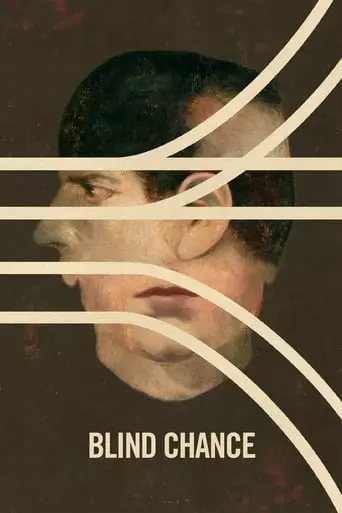
Witek runs after a train. Three variations follow on how such a seemingly banal incident could influence the rest of Witek’s life. Blind Chance (1987), directed by Krzysztof Kieslowski, is […]
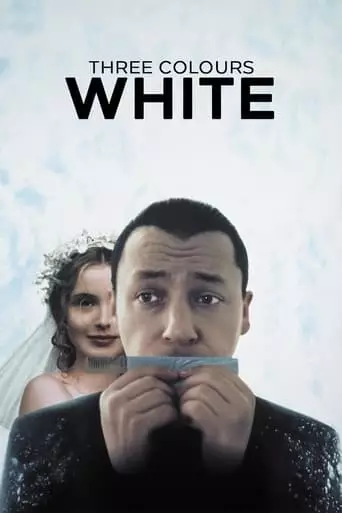
Polish immigrant Karol Karol finds himself out of a marriage, a job and a country when his French wife, Dominique, divorces him after six months due to his impotence. Forced […]
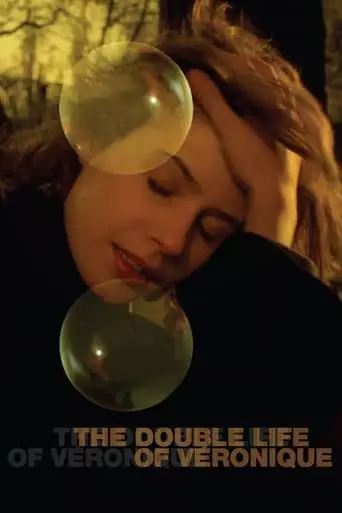
Véronique is a beautiful young French woman who aspires to be a renowned singer; Weronika lives in Poland, has a similar career goal and looks identical to Véronique, though the […]
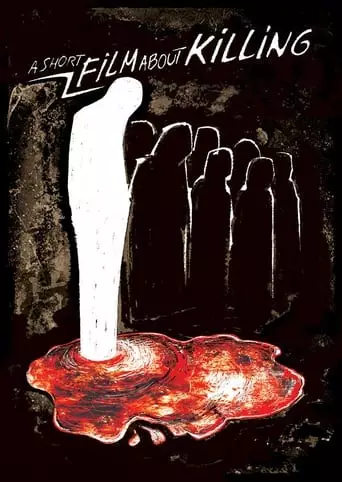
Jacek climbs into the taxi driven by Waldemar, tells him to drive to a remote location, then brutally strangles him, seemingly without motive. Short Film About Killing is a gripping, […]
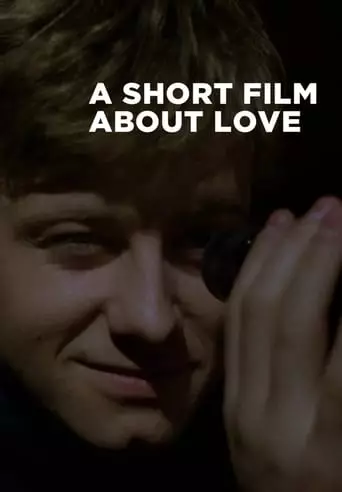
19-year-old Tomek whiles away his lonely life by spying on his opposite neighbour Magda through binoculars. She’s an artist in her mid-thirties, and appears to have everything – not least […]
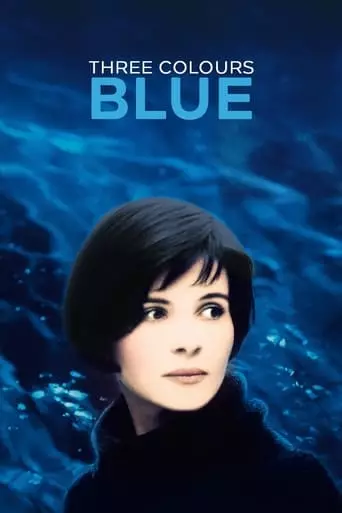
The wife of a famous composer survives a car accident that kills her husband and daughter. Now alone, she shakes off her old identity and explores her newfound freedom but […]
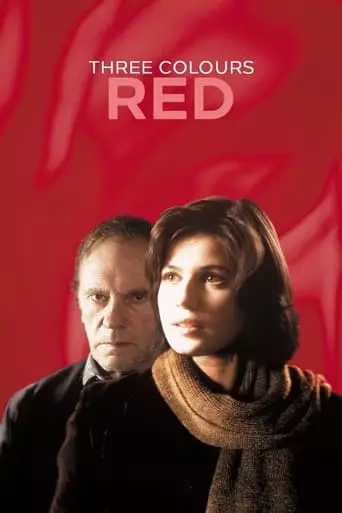
Valentine, a student model in Geneva, struggles with a possessive boyfriend and a troubled family. When she runs over a dog, she discovers that its owner, a retired judge, is […]
Krzysztof Kieślowski: The Philosopher of Cinema
Krzysztof Kieślowski (1941–1996) was a Polish filmmaker whose profound and poetic storytelling made him one of the most celebrated directors of the 20th century. Known for films that explore moral dilemmas, existential questions, and the complexities of human relationships, Kieślowski’s work is marked by its philosophical depth, visual elegance, and emotional resonance.
From his early documentaries in Poland to his internationally acclaimed Three Colours trilogy, Kieślowski’s films transcend cultural and linguistic boundaries, offering universal meditations on life, love, and the human condition.
Early Life and Career
Kieślowski was born on June 27, 1941, in Warsaw, Poland. His childhood was shaped by the hardships of post-war Poland, and his experiences living under a communist regime would later inform much of his work.
Initially aspiring to be a theater director, Kieślowski enrolled in the Łódź Film School, a prestigious institution that had produced renowned filmmakers such as Andrzej Wajda and Roman Polanski. Graduating in 1969, he began his career as a documentary filmmaker, capturing the struggles and contradictions of life in communist Poland.
The Transition to Fiction
Kieślowski’s early documentaries, such as Workers ’71 (1971) and Hospital (1976), were celebrated for their unflinching realism and social commentary. However, he grew frustrated with the limitations of documentary filmmaking, particularly the ethical challenges of representing real people’s lives. This led him to transition to fiction, where he could explore similar themes with greater creative freedom.
Themes and Style
Kieślowski’s films are characterized by their:
Moral and Ethical Questions: His stories often revolve around characters facing profound moral dilemmas, exploring the consequences of their choices.
Interconnected Lives: Many of his films examine the ways in which seemingly unrelated lives intersect, reflecting the complexity and unpredictability of human existence.
Philosophical Undertones: Influenced by existentialism and metaphysics, Kieślowski’s work delves into questions of fate, free will, and the nature of identity.
Visual Symbolism: Collaborating with cinematographers like Sławomir Idziak, his films employ striking visual imagery and recurring motifs, such as mirrors, windows, and colors, to convey deeper meanings.
Key Works
The Decalogue (1989)
Arguably Kieślowski’s magnum opus, The Decalogue is a series of ten hour-long films inspired by the Ten Commandments. Set in a Warsaw apartment complex, each episode explores a moral or ethical conflict faced by its characters. The series is renowned for its emotional depth and universal themes, earning critical acclaim and cementing Kieślowski’s reputation as a master storyteller.
The Double Life of Véronique (1991)
This hauntingly beautiful film follows two women—one in Poland and one in France—who share a mysterious connection. With its dreamlike atmosphere and exploration of identity and intuition, the film marked Kieślowski’s transition to international cinema and introduced him to a wider audience.
Three Colours Trilogy (1993–1994)
Inspired by the ideals of the French Revolution—liberty, equality, and fraternity—the Three Colours trilogy is Kieślowski’s most ambitious and celebrated work.
Blue (1993): Starring Juliette Binoche, this film explores themes of grief and freedom as a woman tries to rebuild her life after a tragic loss.
White (1994): A darkly comedic tale of revenge and redemption, White examines themes of equality and power dynamics in relationships.
Red (1994): The final installment, Red, is a meditation on interconnected lives and the possibility of grace, featuring a young model (Irène Jacob) and a retired judge (Jean-Louis Trintignant).
The trilogy received widespread acclaim, with Red earning three Academy Award nominations, including Best Director.
Legacy
Krzysztof Kieślowski passed away on March 13, 1996, at the age of 54, leaving behind a body of work that continues to inspire filmmakers and audiences worldwide. His films are studied for their philosophical depth, visual artistry, and profound emotional impact.
Directors such as Alejandro González Iñárritu, Paul Thomas Anderson, and Denis Villeneuve have cited Kieślowski as an influence, praising his ability to balance intellectual rigor with emotional resonance.
Conclusion
Krzysztof Kieślowski was not just a filmmaker but a philosopher who used cinema as a medium to explore life’s most profound questions. His work invites viewers to reflect on their own lives, encouraging empathy, introspection, and a deeper understanding of the human experience.
Through his timeless films, Kieślowski reminds us of the beauty, fragility, and interconnectedness of existence, ensuring his place as one of the greatest directors in the history of cinema.